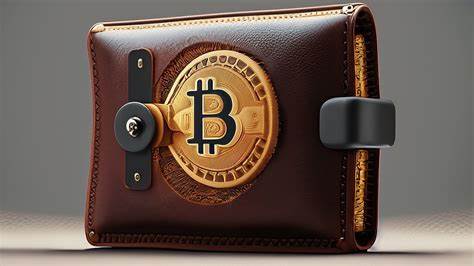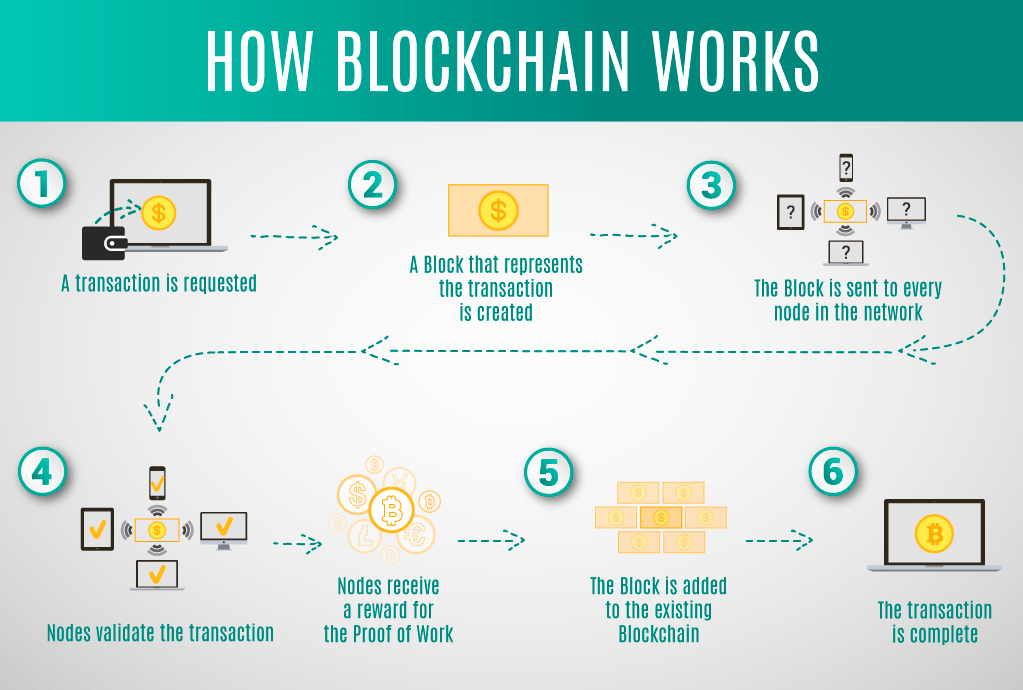The Truth About Bitcoin Wallets: You Never Owned the Bitcoin; It Was Always on the Blockchain
 Denwigwe Blossom
Denwigwe BlossomThe Truth About Bitcoin Wallets: You Never Owned the Bitcoin; It Was Always on the Blockchain

Do you really own Bitcoin? Or have you always believed that Bitcoin lives in your wallet? The truth about Bitcoin wallets and the blockchain is that your wallet only identifies your balance, while the actual Bitcoin never leaves the blockchain.
Introduction: Rethinking Bitcoin Ownership
When people first dive into cryptocurrency, they often ask, “Where is my Bitcoin stored?” or “How do I keep my Bitcoin safe in my wallet?” The common misconception is that Bitcoins are stored inside digital wallets, like coins in a purse. But the truth is-
- You never actually hold Bitcoin in your wallet.
- Your wallet doesn’t store Bitcoin. It stores your identity, which is a cryptographic key used to access and prove the amount of Bitcoin you own on the blockchain.
Don’t be confused, let me break it down further.
What Is a Bitcoin Wallet Really?

A Bitcoin wallet is not a container for Bitcoin. Instead, it’s a software or hardware application that stores:
- Your public key (Bitcoin address)
- Your private key (used to sign transactions)
These keys serve as your digital identity on the blockchain. Your public key is what others use to send you Bitcoin, while your private key proves that you’re the rightful owner of those funds.
It's more like an email system:
- Your public key is your email address
- Your private key is your password
- The blockchain is the mail server where all the messages (transactions) are stored
Where Is the Actual Bitcoin Stored?
The blockchain, a decentralized public ledger, is where every Bitcoin that has ever been mined exists. Every transaction ever made is recorded here. Bitcoin never leaves the blockchain. When someone “sends” Bitcoin to another person, what actually happens is:
- The blockchain updates the ledger to show that the Bitcoin previously assigned to address A is now assigned to address B.
- Your wallet simply reflects that change.
In short:
- Your Bitcoin never leaves the blockchain. It just changes identity from one address to another.
Bitcoin Wallets Are Identity Markers, Not Vaults

The phrase “I have Bitcoin in my wallet” is technically incorrect. Your wallet doesn’t contain any Bitcoin. It holds the keys that identify your ownership on the blockchain. This setup is what makes Bitcoin secure, transparent, and immutable.
Without your private key, you have no control over the funds assigned to your public address, even though the Bitcoin is still visible on the blockchain.
Why The Crypto Wallet Misconception Exists
a. Language Borrowed from Physical Money
The term “wallet” naturally evokes images of a physical object that stores money. In cryptocurrency, however, the wallet is more akin to a key ring for your digital vault, rather than the vault itself. The blockchain is the vault.
b. User-Friendly Interfaces
Crypto apps often display wallet balances and transaction histories as if they are locally stored. This UI simplification leads users to believe that Bitcoin is inside the app or device.
Implications for Bitcoin Wallet Security
Understanding that your Bitcoin lives on the blockchain changes how you think about security:
- Please back up your private key or seed phrase, as it’s your only access point to your funds.
- Losing your wallet app or device isn’t the problem; losing your private key is.
- Hackers don’t steal your Bitcoin; they steal your access credentials.
If someone gains your private key, they can reassign your Bitcoin on the blockchain to their own wallet address. The Bitcoin didn’t move physically; it just changed ownership on the blockchain ledger.
The Role of the Blockchain: Final Source of Truth

Every Bitcoin transaction is time-stamped and confirmed by nodes on the network. This ensures that:
- No Bitcoin is duplicated (solving the double-spending problem)
- Every transaction is traceable back to the origin block
- Every coin’s ownership can be verified via the blockchain
So, even if your wallet is wiped, meaning it's deleted, you can reclaim access using your keys as long as the blockchain remains intact.
Read also: How Blockchain Technology Works
Final Thoughts: Understanding True Bitcoin Ownership
To sum it up:
Your wallet doesn’t store Bitcoin. It stores the key to unlock your place in the blockchain ledger.
This distinction is important for anyone entering the crypto space. Understanding how Bitcoin actually works not only empowers you to secure your funds properly but also deepens your appreciation for the technology behind decentralized finance.
FAQs About Crypto Wallets: Clearing More Doubts
Q: Can I lose my Bitcoin if my wallet is deleted?
A: No, as long as you have your private key or seed phrase, you can restore your wallet and access your Bitcoin.
Read Also: Blockchain in supply chain management
Q: Where is Bitcoin physically located?
A: Nowhere and everywhere, Bitcoin exists as entries on the blockchain, which is distributed across thousands of computers worldwide.
Q: Is it safe to store Bitcoin in a wallet?
A: Yes, but remember: you’re storing your access credentials, not the Bitcoin itself. Utilize hardware wallets for optimal security.